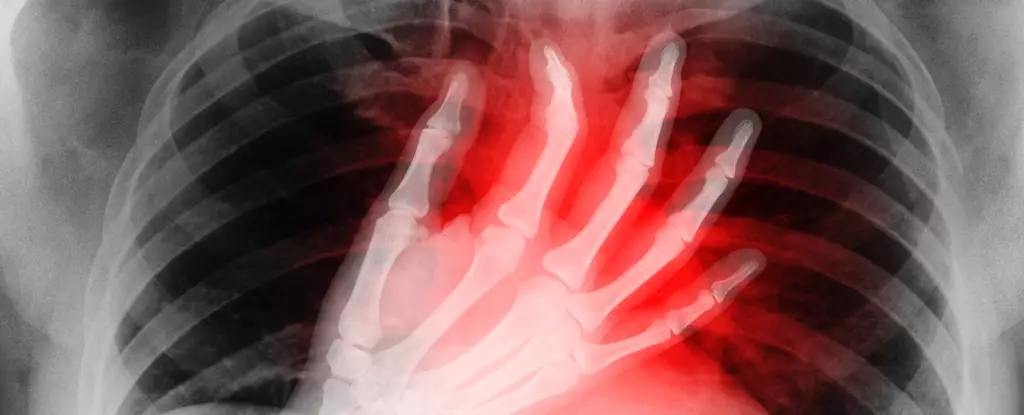As the holiday season unfolds, the air fills with cheer, celebrations, and gatherings. While it’s a time for joy and connection with loved ones, it is also a period where many indulge in excessive drinking. This indulgence can lead to alarming health issues that are notably common during this time: alcohol-induced atrial arrhythmia, colloquially known as “holiday heart.” This article explores the nuances of this condition, its implications, underlying causes, and preventive measures.
During festive occasions, binge drinking often becomes a social norm, and the aftermath can manifest through various alarming symptoms. An individual might experience rapid or irregular heartbeats, described as fluttering sensations in the chest or neck. Some may feel lightheaded or struggle to catch their breath. These symptoms can be alarming enough to prompt a trip to the emergency department, where a diagnosis of “holiday heart” might be made.
The key takeaway here is that this condition is not just a fleeting inconvenience; it’s a clear signal from the body that it has been pushed beyond its limits. Notably, the expression “holiday heart” is more than just a catchy phrase; it refers to an established phenomenon in the medical community that has been acknowledged for nearly five decades.
The term “holiday heart syndrome” was introduced in the 1970s when medical professionals began observing abnormal heart rhythms in otherwise healthy individuals after significant alcohol consumption. Initially noted during public holidays and weekends, these symptoms can arise anytime excessive drinking occurs. Every year, emergency rooms witness a spike in such cases, not confined to the holidays alone.
Several factors contribute to this condition, including binge drinking, dehydration, and stress that often accompany holiday festivities. Alcohol disrupts the balance of the nervous system, leading to dehydration and systemic inflammation, both of which can severely impact the heart’s electrical stability. Understanding these triggers allows individuals to take a proactive approach to their health.
If symptoms arise, a visit to a healthcare provider is critical. Doctors typically recommend tests to assess heart rhythm irregularities. One of the primary diagnostic tools is the electrocardiogram (ECG), a non-invasive procedure that captures the heart’s electrical activity. During this process, electrodes are attached to the skin, generating a graph that can indicate abnormal rhythms.
Clinicians will often pay special attention to the “P wave,” as it signifies the activation of the heart’s upper chambers. In addition to an ECG, doctors may find it necessary to perform blood tests to evaluate electrolyte levels and check markers associated with inflammation, clotting, and organ function. These diagnostic tools are vital for understanding the severity and nature of the heart’s irregularity.
Outcomes and Future Risks
Fortunately, most individuals diagnosed with holiday heart experience a return to normalcy, especially with prompt medical intervention and lifestyle tweaks. For those with more persistent arrhythmias, such as atrial fibrillation, treatment might involve medications, electrical cardioversion, or even cardiac ablation. Untreated atrial fibrillation poses serious health risks, including increased chances of stroke and heart attacks.
While there is no definitive threshold of alcohol consumption that precipitates holiday heart, the overarching guideline is clear: moderation is key. The Australian health guidelines recommend that individuals limit their alcohol intake to no more than ten standard drinks per week for women and men, with a maximum of four on any single occasion.
To combat holiday heart, a proactive stance can yield significant benefits. Keeping well-hydrated by alternating water with alcoholic beverages can mitigate dehydration effects. Additionally, managing stress levels, maintaining a balanced diet, and sticking to regular exercise routines are vital. These healthy practices not only contribute to avoiding holiday heart but also enhance overall well-being throughout the year.
While the festive season beckons with opportunities for joy and connection, it is crucial to remain mindful of our drinking habits. Understanding holiday heart syndrome and adopting preventative measures can ensure that we celebrate without jeopardizing our health. Ultimately, a heart-healthy lifestyle enhances the joyous spirit of the season, allowing individuals to enjoy their festivities to the fullest.

